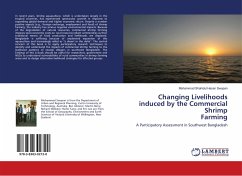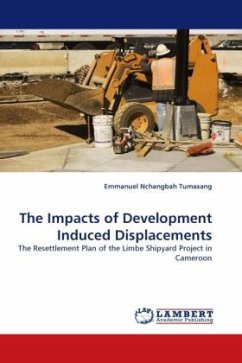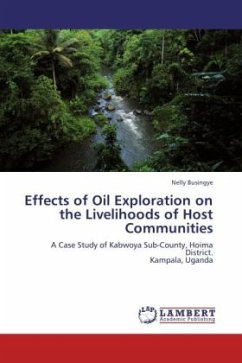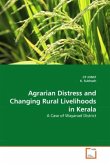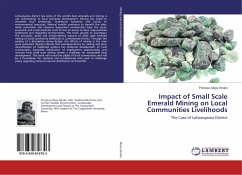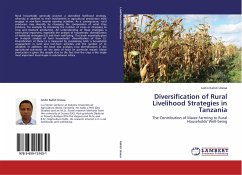In recent years, shrimp aquaculture, which is undertaken largely in the tropical countries, has experienced spectacular growth in response to expanding global demand and higher economic return. Despite a number positive aspects (e.g., foreign exchange, employment and food) of shrimp farming, the industry has serious negative environmental impacts. Because of the degradation of natural resources, commercial shrimp farming imposes socio-economic costs on rural resource-reliant communities as their traditional means of food production and livelihoods are displaced. Bangladesh is suffering because of unplanned expansion of this aquaculture and increasingly called as "a desert in the delta". The central concern of this book is to apply participatory research techniques to identify and understand the impacts of commercial shrimp farming to the livelihood patterns of coastal villagers in southwest Bangladesh. The findings of this is book should be useful for researchers, government and NGOs to understand vulnerabilities of rural communities in shrimp farming areas and to design alternative livelihood strategies for affected groups.
Bitte wählen Sie Ihr Anliegen aus.
Rechnungen
Retourenschein anfordern
Bestellstatus
Storno

